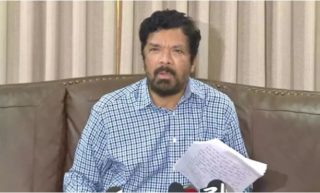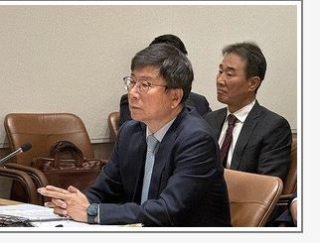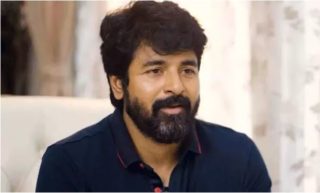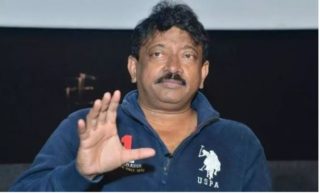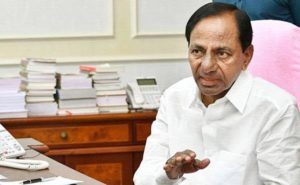 Hyderabad: Only 360 out of the over 48,000 striking employees of the Telangana State Road Transport Corporation (TSRTC) returned to work on Wednesday after the final deadline set by the Telangana government came to an end on Tuesday midnight.
Hyderabad: Only 360 out of the over 48,000 striking employees of the Telangana State Road Transport Corporation (TSRTC) returned to work on Wednesday after the final deadline set by the Telangana government came to an end on Tuesday midnight.
As almost all employees continued the strike, which entered 33rd day on Wednesday, Chief Minister K. Chandrashekhar Rao began a crucial meeting with Transport Minister P. Ajay Kumar and TSRTC officials, amid indications that it may be the end of the road for the state-owned public transport entity.
KCR, as Rao is popularly known, is likely to wind up RTC and offer the employees Voluntary Retirement Scheme (VRS) as done in some other states.
He had already warned the striking employees that if they failed to join duties by November 5 midnight, there will be no entity called RTC in the state. He threatened to privatise the remaining 5,000 bus routes.
The state Cabinet had on November 2 decided to privatise 5,100 bus routes, further angering the employees, who were on strike since October 5 to press for their demands, including that of the merger of the TSRTC with the government so that they are treated at par with other state government employees.
KCR has rejected the demand for merger saying it will open floodgates of similar demands by employees of other corporations.
The TSRTC has a total workforce of 49,340. Immediately after the strike was announced, KCR had set October 5 evening as the deadline for employees to return to work. Only 1,200 employees obeyed him. The next day he announced dismissal of the remaining employees and ruled out taking them back into the TSRTC.
With the stand-off continuing and the state government refusing to pay salaries for to the striking workers in September, distress has been building up among the employees. Three employees have since committed suicide. According to Joint Action Committee (JAC) of the employees that’s spearheading the strike, a total of 20 employees have lost their lives, mostly due to cardiac arrest.
Supported by all Opposition parties and mass organisations, the JAC continued the protest. Even a state-wide shutdown was observed last month.
The Telangana High Court has been hearing public interest litigations (PILs) on the strike for the last three weeks. On its direction, the TSRTC held talks with the JAC leaders on the employees’ demands, excluding the merger demand. This, too, failed to resolve the impasse.
Though the High Court suggested the government release Rs 47 crore to address some demands of the employees to end the strike, it did not make a commitment, citing huge accumulated losses of the TSRTC. The court found fault with the government’s stand.
On the employees’ claim that the government-owned TSRTC huge money towards reimbursement of travel concession offered to various sections of commuters, the court sought details and pulled up government officials for submitting false figures.
A crucial hearing in the case is scheduled on Thursday, when Chief Secretary S.K. Joshi and a few other top officials will appear before the court.
The JAC leaders argue that the state government can’t privatise the TSRTC as the entity has no statutory identity. JAC convenor Ashwathama Reddy pointed out that the Andhra Pradesh State Road Transport Corporation (APSRTC) is the legal entity as it was not bifurcated after Telangana was carved out of Andhra Pradesh.
They also argue that Telangana can’t privatise or abolish the APSRTC as the Centre has 31 per cent stake in the entity. They are pinning their hopes on the Centre and the hearing in the high court.

